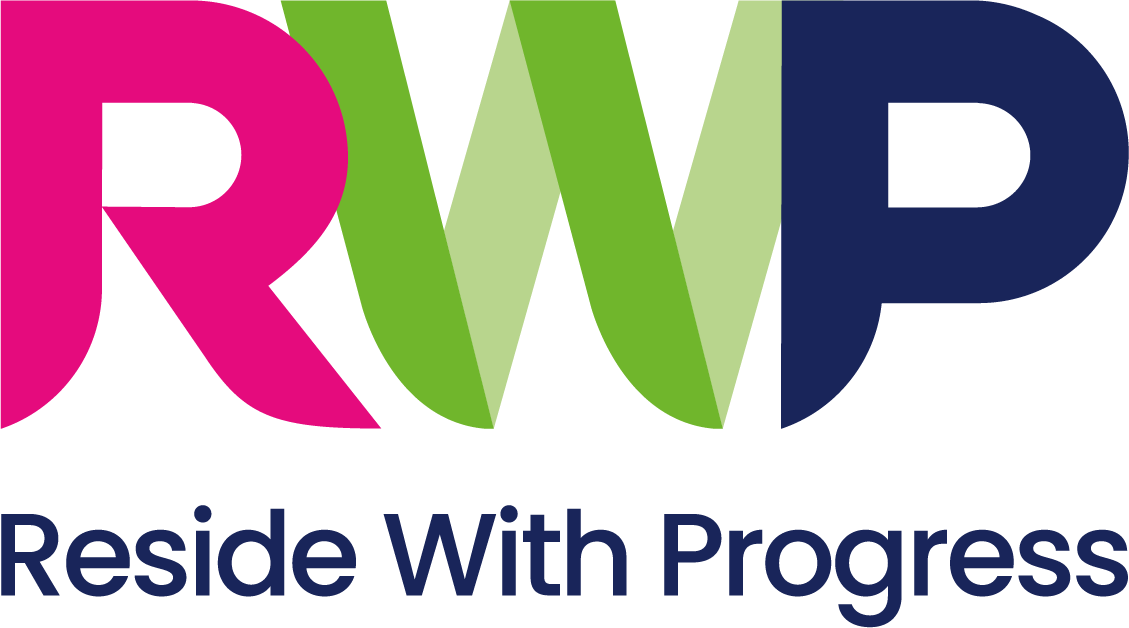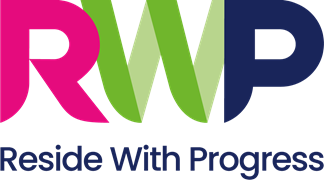
Giving our tenants independence
Latest news
To mark Disability History Month, RWP’s Business Development Director Steve Harris talks about the impact of independent living on people with a learning disability or adults who are autistic.
“As a leading provider of high quality supported housing, we work closely with local clinical commissioning groups and National Health Service England (NHSE) as part of the Government’s national Learning Disability and Autism Housing Programme (previously known as Transforming Care).
Set up in 2012 following the Winterbourne View scandal, the Learning Disability and Autism Housing Programme aims to help autistic people and those with learning disability move out of inpatient care and into supported living in the community. Consequently they become more independent, have improved emotional wellbeing and along with their families are able to make choices about the care they receive.
I think in the past it was difficult to find appropriate housing due to a lack of alternatives, so hospital and institutional care tended to be the only solution. The Learning Disability and Autism Housing Programme addresses this by providing capital to buy property.
For RWP, the process of acquiring property, making adaptations and securing the grant funding for a potential tenant takes around six months. In the first instance, either a support provider, NHSE or a CCG will contact us to discuss viability – we’ll consider the options and decide whether we can deliver.
Families and potential tenants are crucial in the grant application process to ensure we’re going to deliver what they need. We’ll also involve support providers, as they need to know about the property and advise us on adaptations.
With a grant-funded project, we’re accountable to and monitored by NHSE (which is essentially buying a service from us) to ensure our delivery is timely and on budget. NHSE will meet with us regularly to make sure we’re on track, and after the tenant has moved in to the property, ongoing monitoring takes place.
So why are we committed to helping people with the Learning Disability and Autism Housing Programme? From a values perspective, we’re providing a personalised solution that wouldn’t be normally be available, and that massively improves tenants’ quality of life and wellbeing. We’re collaborating with stakeholders and working to address a situation that is untenable; which is over 2,000 people with learning disability in hospital, and the housing that we’re providing provides better overall value for public funds.”

